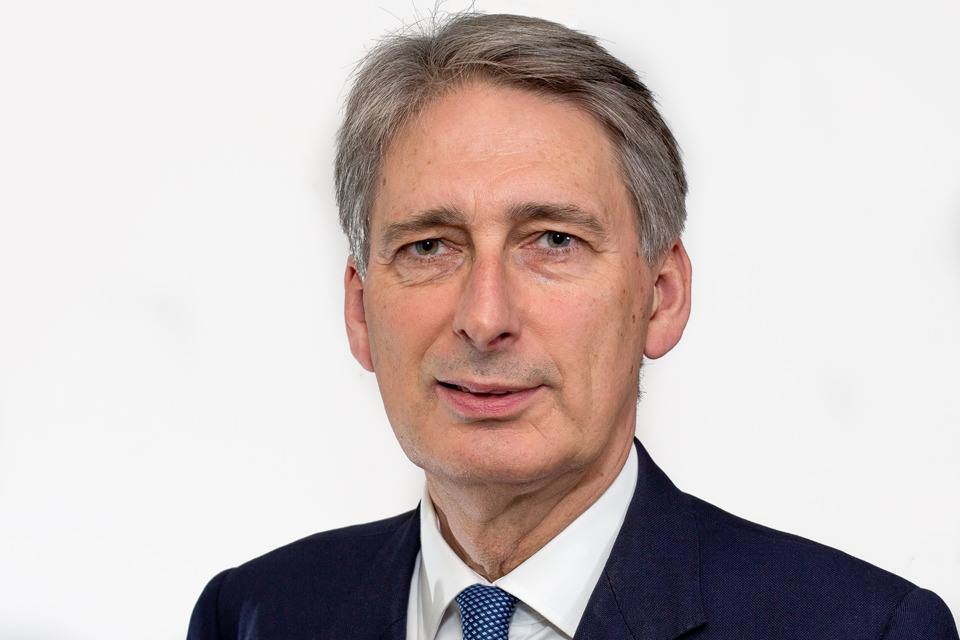Foreign Secretary statement to the House of Commons on Iran nuclear talks
The Foreign Secretary updated Parliament on the Iran nuclear talks.

With permission, Mr Speaker, I will make a Statement on the negotiations between the E3+3 and Iran regarding the future of Iran’s nuclear programme.
In November 2013 the E3+3 signed an interim agreement with Iran, which came into force on 20 January 2014 for an initial period of 6 months. Under this agreement, Iran committed to freezing areas of its nuclear programme of greatest concern to the international community. In return, Iran received limited sanctions relief and the repatriation of $4.2bn in oil revenues. Crucially this interim agreement gave us the time and the space to build confidence and begin negotiations on a comprehensive deal to ensure the peaceful nature of Iran’s nuclear programme.
Since February we have engaged in extensive negotiations with Iran at both official and Ministerial level. We always knew these negotiations would be difficult and complex, and they have been. Even more so than negotiating the Geneva interim agreement.
At the heart of the negotiations is the need to reconcile Iran’s aspirations for a peaceful civil nuclear programme, with our insistence on ensuring Iran cannot develop a nuclear weapons capability.
By July 2014, after several rounds of talks with Iran we had deepened our understanding of the positions of both sides and made progress on areas of the negotiations. But we were still far short of reaching agreement on core issues. The E3+3 and Iran therefore decided to extend the negotiations until 24 November – yesterday.
Since July, negotiations between the E3+3 and Iran have intensified and we have closed the gap between the parties on a number of important issues. But significant differences remain.
I and other Foreign Ministers from the E3+3 met with the Iranians in Vienna last Friday and again yesterday to evaluate the prospects of reaching agreement on a political framework for a comprehensive deal within the deadline.
The discussions in Vienna highlighted the need for further movement on some big issues by the Iranians and the need for flexibility on both sides.
Despite the efforts of all parties, it was clear yesterday morning that we need more time to close the gaps between the E3+3 and Iran, particularly regarding the issue of Iran’s enrichment capacity, which remains at the heart of this negotiation.
But, based on the significant progress we have made to date, I remain of the view – a view which is shared by my fellow E3+3 Ministers and Iranian Foreign Minister Zarif – that a comprehensive deal remains possible. We must capitalise on the momentum we have gathered, and push forward to achieve this prize.
Iran and the E3+3 have therefore agreed to extend the interim agreement again until the end of June to allow more time to bridge remaining gaps and tie down technical details. We will continue negotiations in December with the shared aim of securing an outline agreement within four months.
We would, of course, have preferred to reach a comprehensive deal by yesterday’s deadline. But only if it was the right deal. As we continue to work towards such a deal, we have an interim agreement in place which maintains important constraints on Iran’s nuclear programme and the vast majority of nuclear-related sanctions. Under this arrangement, Iran will continue to be able to repatriate some oil revenues on a similar basis to the current arrangements.
Mr Speaker, successive governments have enjoyed cross-Party support in the House for the twin track approach of sanctions and negotiations. I remain convinced that this approach is the right one, and that it is yielding progress, albeit slow progress.
The negotiations with Iran are tough and complex, but a comprehensive agreement would bring enormous benefits to all parties. For Iran, it would herald the beginning of reintegration into the international community, and open the door to an easing of sanctions and access to significant frozen assets. For the international community, it would mark a considerable advance for regional and global security. We cannot and will not succumb to the temptation of sealing a deal at any price, but we will remain steadfast in pursuit of a comprehensive agreement which respects the clear principle that Iran must not be able to develop a nuclear weapons capability. And I commend this statement to the house.
Further information
The E3+3 is made up of the UK, France, Germany, the US, Russia and China.
-
Follow the Foreign Secretary on Twitter @PHammondMP
-
Follow the Foreign Office on Twitter @foreignoffice